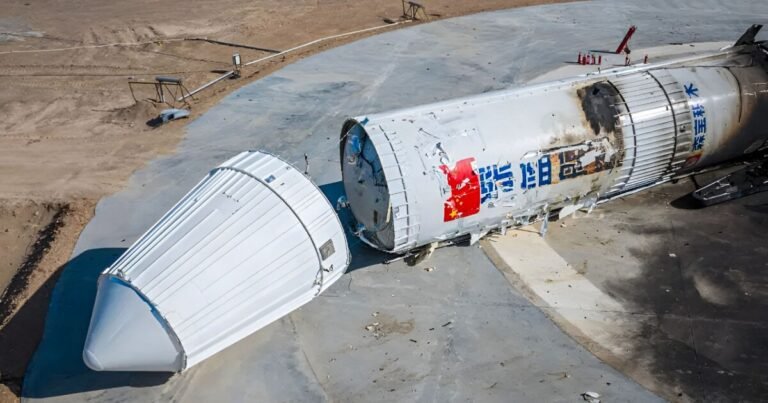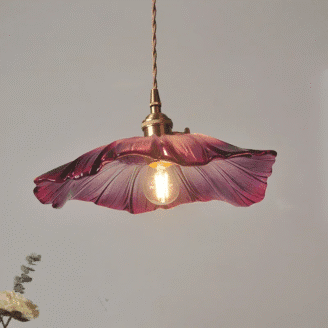If you purchase a product through a link in this article, we may receive a small share of the sale.
Do you rely on a pre-workout energy drink? Hooked on your afternoon cup of coffee? You’re not alone. Most of us get a pick-me-up at some point during the day! But let’s face it, traditional energy drinks are loaded with sugar and artificial ingredients. Plus, they usually contain enough caffeine to carry over into the next day. Luckily, we have an alternative for you. Here are some healthier energy drinks with clean ingredients. Find out more about why we’re obsessed with functional energy drinks and discover the best energy drinks to have on hand.

Eddie Horstmann
Edie is the founder of Wellness with Edie, a nutrition coaching business. Using her background and expertise, she specializes in women’s health including fertility, hormone balance, and post-natal wellness.
Collective Change
The wellness industry is changing, and we’re riding the wave. We’re moving toward more conscious choices and better-for-you products. As a nutrition consultant, this makes me happy. This collective shift reflects our desire for improved health and a more mindful approach to what we consume. By embracing this change, we’re not just adapting to new trends, we’re actively shaping the future of wellness together.

Sustained Energy, No Crash
As we start to pay more attention to what we put into our bodies, energy drinks are no exception. We want to have sustained energy without sudden drops or jitters. That’s why healthy energy drinks are all the rage. These drinks focus on natural caffeine, adaptogens, electrolytes, and blood sugar-friendly sweeteners to deliver on that promise. Whether you’re looking to knock out that afternoon slump or power through your workout, you now have a healthier option.
Are energy drinks good for you?
There’s a good and bad side to it. Sure, energy drinks give you a quick pick-me-up, but the key is to pick a can with clean ingredients (and a natural source of caffeine). Ideally, choose an energy drink that’s packed with benefits like vitamins and adaptogens. On the flip side, avoid ones loaded with refined sugars and artificial additives. In moderation, and with the right ingredients, they can be a convenient companion on a busy day.
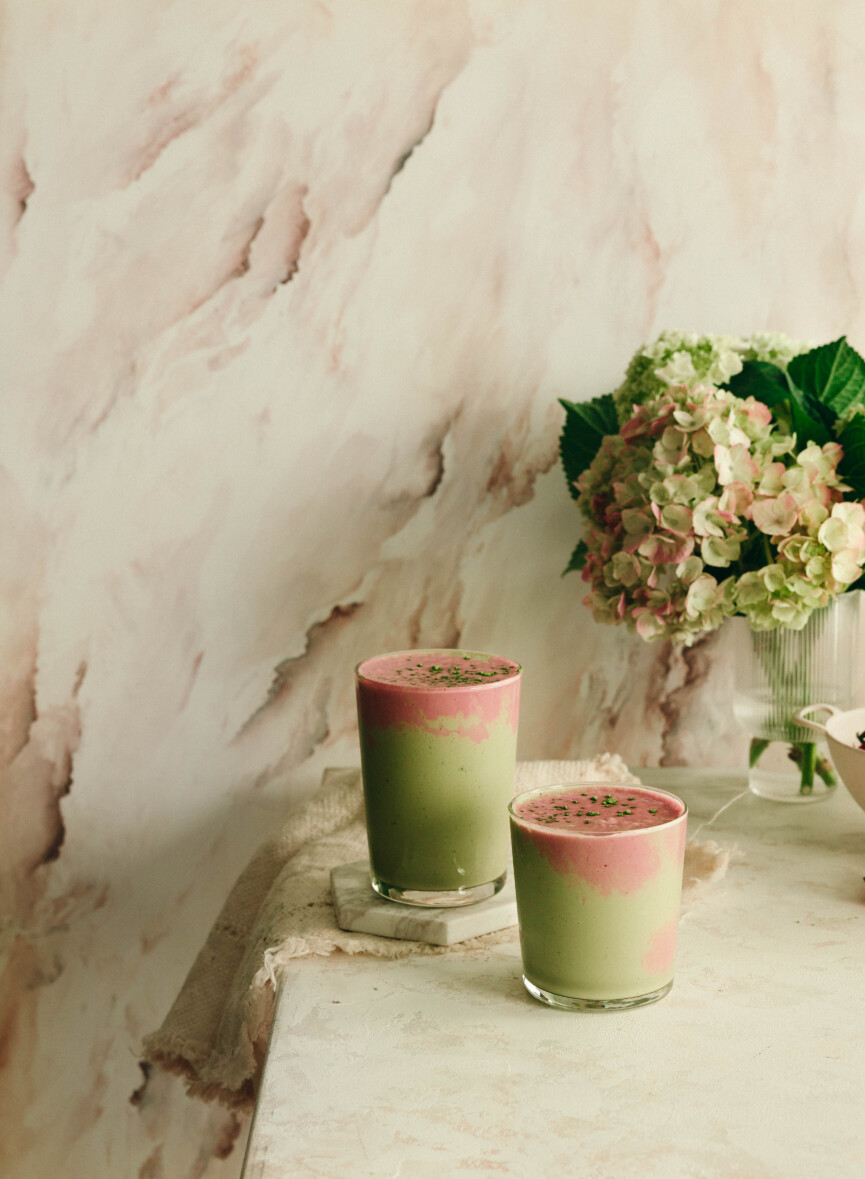
What to look for when choosing a healthy energy drink
Compared to sugary foods (which you should avoid!), healthier alternatives have fewer ingredients and no artificial additives. So how can you tell the healthier option?
Additional functional benefits: Look for additional ingredients like B vitamins (for energy metabolism), electrolytes (for hydration) and adaptogens/nootropics to reduce stress and improve focus.
Natural sweeteners: Avoid high fructose corn syrup and artificial sweeteners. A balanced energy drink will contain stevia, monk fruit, or a touch of honey.
No artificial ingredients: No preservatives or colorants needed.
Clean caffeine sources: Rather than relying on synthetic caffeine, a healthier version opts for natural sources like green tea extract, guaisa, and yerba mate to provide smooth energy without the sudden energy drop.
Disclaimer: Even the healthiest energy drinks are no substitute for proper hydration, balanced nutrition, and quality sleep.

Caffeine content range
Naturally, energy drinks come in a range of caffeine levels. If you’re looking for a light pick-me-up, try a drink with 50-100 milligrams of caffeine. It will give you a gentle boost without being too harsh. Looking for something stronger? Standard energy drinks, like Bloom, usually have 100-200 milligrams of caffeine. These will give you a moderate boost of energy. Higher caffeine energy drinks raise the limit to 300-500 milligrams. Sip with caution.
How to Choose the Right Caffeine Can for You
Before you make a payment, consider your personal needs and lifestyle. Here are some tips:
Caffeine Sensitivity. Are you sensitive to caffeine? Choose an energy drink with 100 milligrams of caffeine or less. Additionally, look for ingredients like L-theanine, which helps tone down the caffeine’s jitteriness. Dietary Needs. Do you follow a specific diet (vegan, keto, etc.)? Check the label to see if the drink fits your lifestyle. Other Benefits. Looking for more than just energy? Look for drinks with added vitamins, minerals, and adaptogens to support overall health.
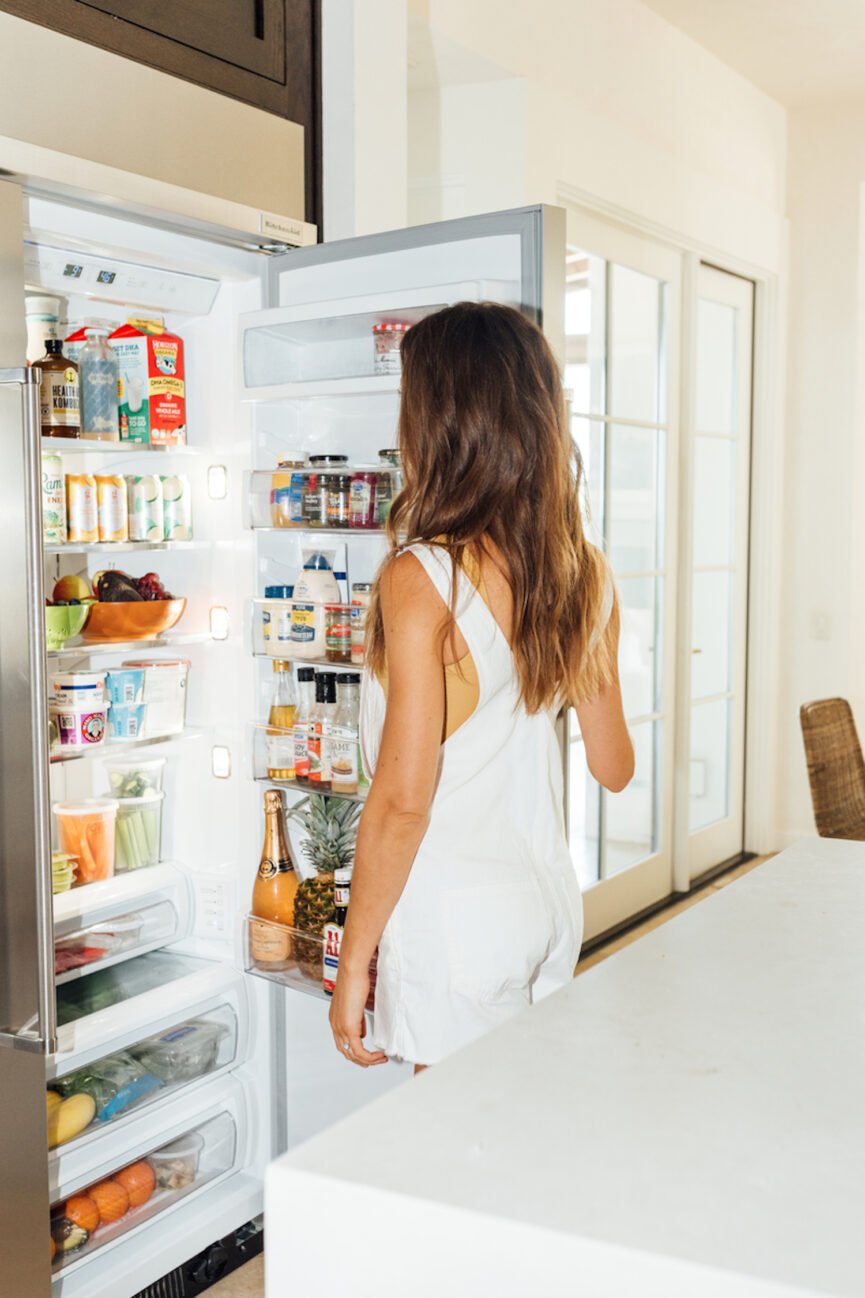
Energy Drink FAQs
Are healthy energy drinks safe? In moderation, yes (but caution if pregnant or breastfeeding). For most people, the tolerable amount of caffeine is up to 400 milligrams per day, roughly the equivalent of four 8-ounce cups of brewed coffee.
Is it okay to drink healthy energy drinks every day? It’s best to limit your intake to one per day to avoid overstimulation.
Do healthy energy drinks really work? Yes, they give you energy, focus and hydration without the sugar crash of traditional energy drinks.
How do healthy energy drinks compare to coffee? Coffee is a more direct source of caffeine, but energy drinks may provide additional benefits such as adaptogens and vitamins.
Are there any side effects to drinking healthy energy drinks? Excessive consumption can cause dehydration, sleep problems and overstimulation from the caffeine. Please stick to recommended servings.
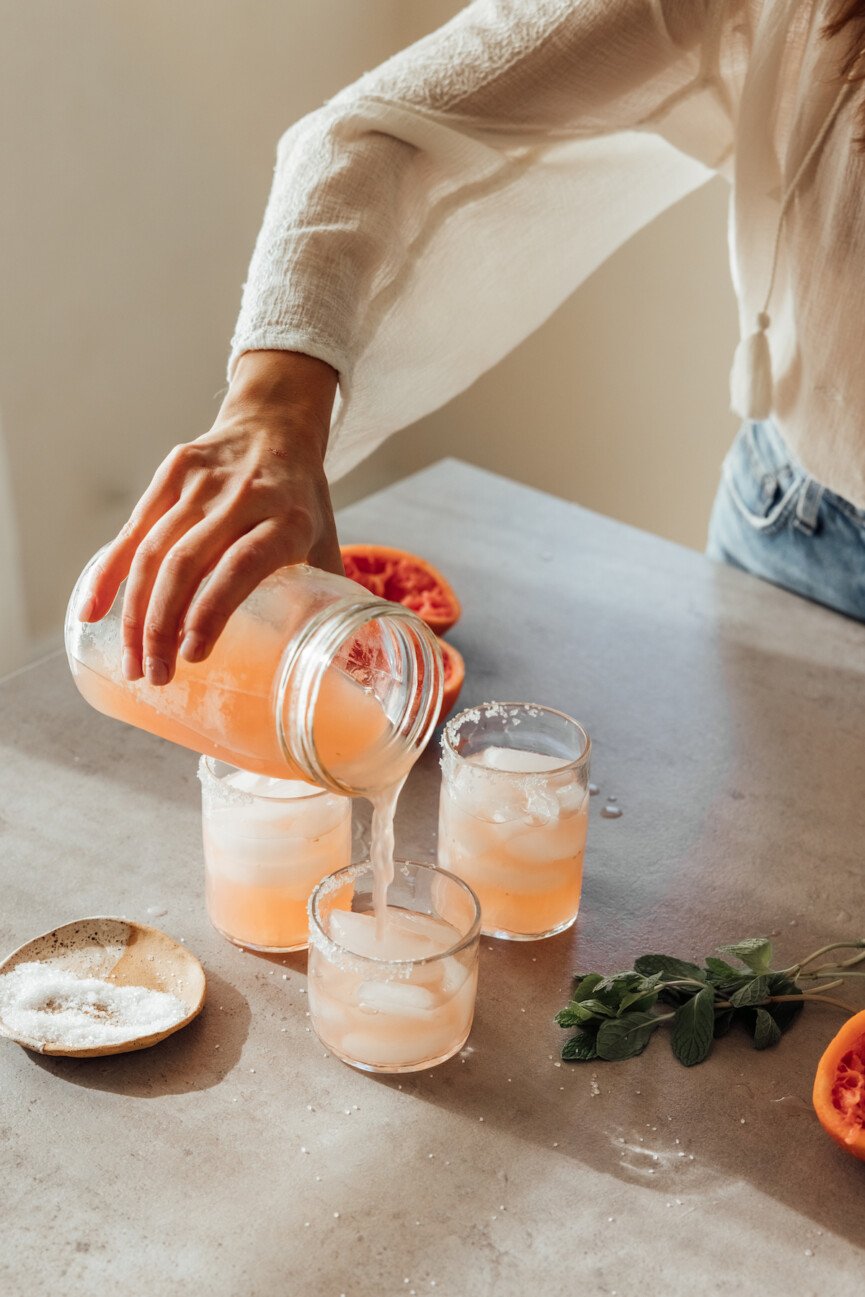
8 Energy Drinks That Are Currently Popular
If you see us drinking an energy drink, it’s probably one of these.
Bloom Nutrition
Made with no added sugar, natural caffeine, and good for you ingredients (like prebiotics and lychee) to give you more energy, boost your metabolism, and improve focus for every 10 calories. We love every flavor. Caffeine Content: 180 mg.
Gorgy
With just the right amount of flavor and carbonation, Gorgie is something you can drink to your heart’s content. Each can is packed with L-theanine, biotin, B vitamins and contains no sugar. Caffeine content: 150 mg.
Matcha Bar Hustle
Formulated with matcha as a caffeine source, this drink also provides a clean energy boost with the added benefit of L-theanine. Caffeine Content: 120 mg.
Take OCA
A plant-based energy drink with tapioca (an extract from the cassava root) that gives you a quick energy boost without the crash. Caffeine content: 120 mg.
Xebia Energy
Sweetened with stevia, Zevia is a zero-calorie energy drink with caffeine derived from coffee beans. All 8 flavors are delicious. Caffeine Content: 120 mg.
Guayaquian
New to yerba mate? It’s a traditional South American drink that contains natural caffeine and antioxidants. One can gives you steady energy without the jitters. Caffeine content: 120 mg.
Clean Purpose
Speaking of yerba mate, the extract gives Clean Cause 160 mg of caffeine per can. From carbonated to still cans, there’s a flavor (and texture) to satisfy any craving. Caffeine content: 160 mg.
Marquis
A sugar-free, sparkling mix of vitamins and antioxidants. We’re hooked. Paired with an optimal amount of organic caffeine, this drink is what’s been missing in your pre-workout routine. Caffeine Content: 100 mg.

Make your own healthy energy drink alternatives
Want to make your own energy drink? We’ve got you covered. This homemade drink gives you natural energy from green tea and honey, while lemon and sea salt help keep you hydrated.
Green Tea Energy Drink
1 cup freshly brewed green tea (chilled), 1 tablespoon honey or liquid monk fruit, 1 lemon (juiced), some good quality sea salt (for electrolytes), and ice
Simply mix all ingredients together and enjoy, or you can make it ahead of time and store it in the fridge.
Are clean energy drinks worth the fuss?
If you’re looking for a quick, convenient, clean way to refuel, the answer is yes. These upgraded drinks offer a balance of natural ingredients, low sugar, and functional benefits to support sustained energy without the drawbacks of traditional energy drinks. Enjoy!





